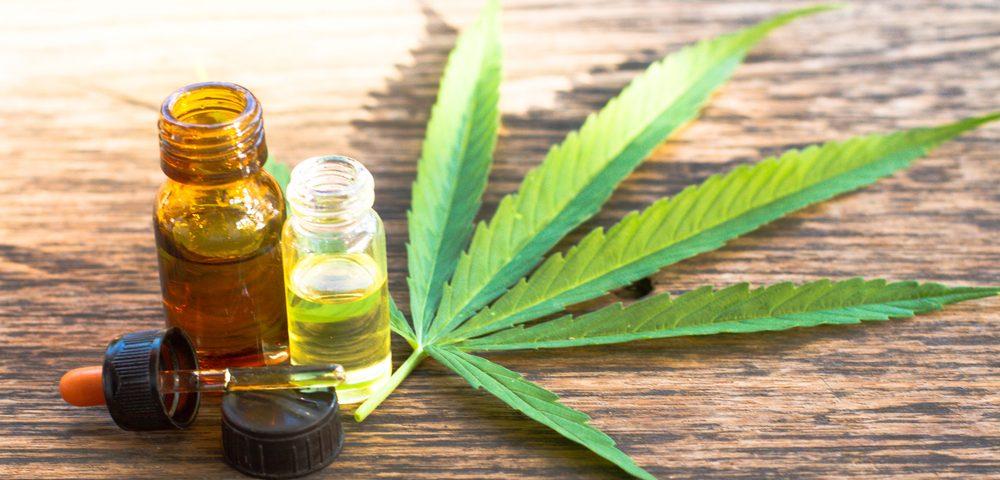Due to its anti-inflammatory, antioxidative and antiangiogenic effects, “CBD might be a therapeutic agent candidate for endometriosis”, states a newly published study.

Titled Cannabidiol as a potential novel treatment for endometriosis by its anti-inflammatory, antioxidative and antiangiogenic effects in an experimental rat model, the study was published in the peer-reviewed publication Reproductive BioMedicine Online, as well as the website for the National Library of Medicine. The study was conducted by researchers at Acibadem Kozyatagi Hospital, Bezmialem University, Istanbul Medipol University, University of Health Sciences and Acibadem Kozyatagi Hospital, all in Turkey.
The primary objective of the study was to determine whether or not the marijuana compound cannabidiol (CBD) “can be used in the treatment of endometriosis for its anti-inflammatory, antioxidative and antiangiogenic effects”.
For this animal study rats with endometriosis were randomized into four groups. Two of the groups were given either 5 mg/kg or 20 mg/kg of CBD, daily via injections over the course of seven days. A third group was given a simple saline solution and the final group was given leuprolide acetate.
After 21 days researchers examined the rats’ “total antioxidant status (TAS), total oxidant status (TOS), oxidative stress index (OSI), interleukin-6 (IL-6) and tumour necrosis factor-alpha (TNF-α) measurements in blood and peritoneal fluid samples, and immunohistochemical staining for TNF-α, IL-6 and vascular endothelial growth factor (VEGF) of endometriotic tissues”.
According to the study “Significant reductions in the endometriotic implant surface area (P = 0.0213), serum TOS (P = 0.0491), OSI (P = 0.0056), IL-6 (P = 0.0236), TNF-α (P = 0.0083) and peritoneal fluid OSI (P = 0.0401), IL-6 (P = 0.0205) and TNF-α (P = 0.0045) concentrations were observed in the CBD5 group when compared with the saline solution group.”
Compared with the saline solution group, “increased TAS concentrations in serum (P = 0.0012) and peritoneal fluid (P = 0.0145) were found in the CBD5 group. The CBD5 and leuprolide acetate groups were similar regarding inflammatory and oxidative stress parameters of serum and peritoneal fluid samples.”
Researchers say that the CBD group “showed significantly lower mean intensity in both surface epithelium and stromal cells for VEGF (both P = 0.002) and only in surface epithelium cells for IL-6 (P = 0.0108), when compared with the leuprolide acetate group.”
The study concludes:
Due to its anti-inflammatory, antioxidative and antiangiogenic effects, CBD might be a therapeutic agent candidate for endometriosis.




